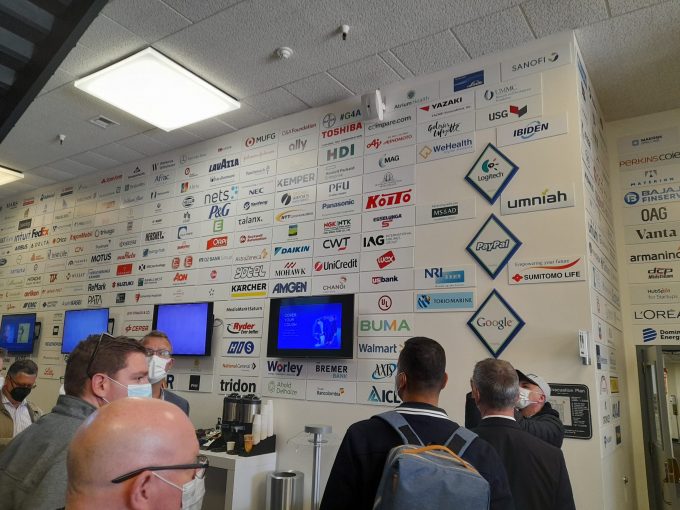War and 'lack of trust' keeping shippers wary of long-term contracts
The appetite for long-term contracts, much desired by shipping lines, has waned with the onset ...

During TIACA’s Innovation days in Silicon Valley last month, organised by Matchlabn, senior delegates from across the air cargo industry met a wide variety of start-ups. The Loadstar is publishing a series of short articles looking at new technologies potentially suitable for the industry.
Start-up: Plug ...

Comment on this article